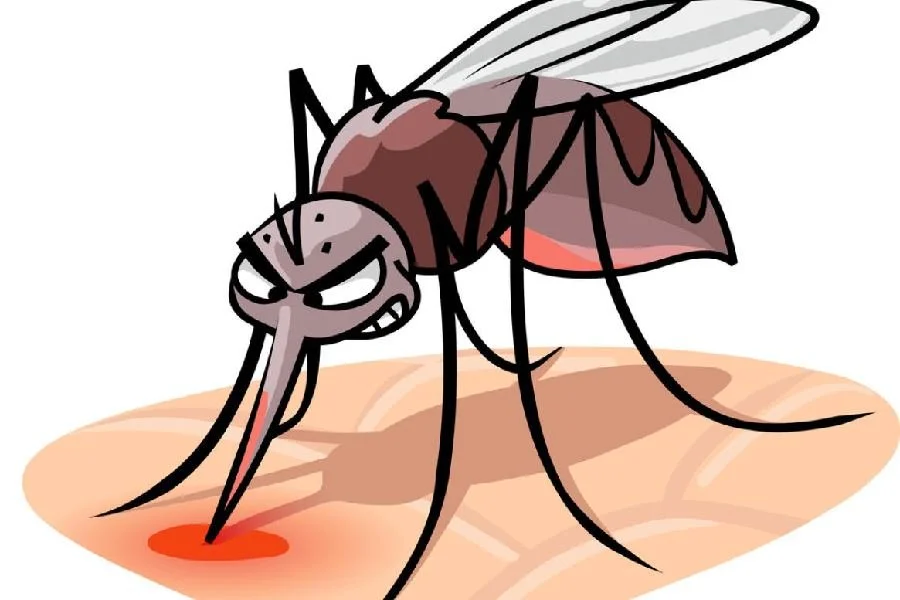What vaccinations do I need to visit Tanzania?
There are no mandatory vaccinations for entering Tanzania. The only exception is proof of a yellow fever vaccination if you're coming from a country with a known yellow fever epidemic.
That said, to ensure your health whilst travelling abroad you should have the following vaccinations: typhoid, TDP, varicella (unless you've had chicken pox), and Hepatitis A and B. If you're an adventurous eater, you might want to add cholera to the list.
Tanzania is in a malaria zone. That said, malaria isn't an issue in all parts of the country, especially the Kilimanjaro region and on the mountain itself, as the temperatures are too cool year round for mosquitos to survive. But you might want to consider using anti-malaria medication, for your own piece of mind if you are fearful of acquiring the illness. If so, please order enough to be able to continue taking them seven days after returning home.
All good accommodations where mosquitoes are an issue provide you with netting around your bed.
Finally, your doctor may recommend a rabies shot – a series of two doses over a four-week period – if you plan on caving or working with animals.
Insect repellent and sunscreen
Please bring enough insect repellent and sunscreen for the trip. You're heading to a country just south of the Equator, and so it can get very hot. It's not easy to find insect repellent and sunscreen in Tanzania and, when you do, they're pricey.
Whilst on safari, you need to protect yourself from tsetse flies. These flies can transmit African trypanosomiasis, also known as sleeping sickness. It's best to wear light-colour clothing; tsetse flies are attracted to dark colours, especially shades of blue. Unfortunately products containing DEET usually don't discourage tsetse flies from biting, so try to find a natural insect repellent containing eucalyptus oil. Vicks Vapor Rub is also a great addition to help keep the creepy crawlers away.

